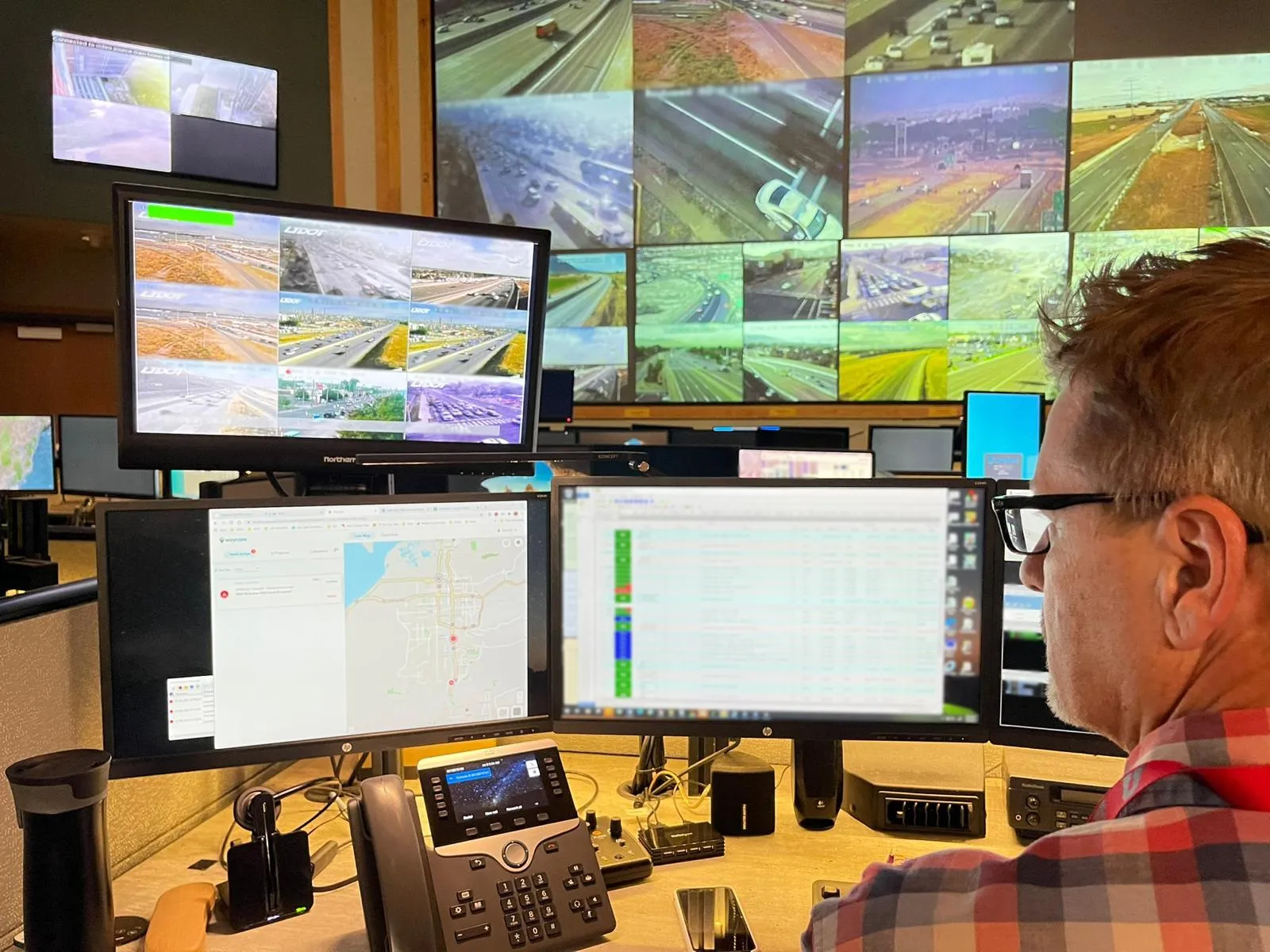Oregon Department of Transportation has chosen the Intelligent Mechatronic Systems (IMS) platform to enable their next generation Road Usage Charge Pilot Program (RUCPP). This key component of Oregon's Intelligent Transportation System (ITS) will be rolled out to other states in the near future. This trial is the second for IMS, with work already underway for a road charging program for a federal government in the Far East.
November 30, 2012
Read time: 2 mins
This key component of Oregon's Intelligent Transportation System (ITS) will be rolled out to other states in the near future. This trial is the second for IMS, with work already underway for a road charging program for a federal government in the Far East.
IMS provides connected car and telematics technology that it claims technology enables governments to overcome a wide range of challenges associated with current road charging systems. The IMS DriveSync platform employs proprietary in-vehicle devices, cloud computing and cellular networks to make road charging seamless, cost effective and scalable. As a result, says IMS, governments do not have to invest in expensive road charging infrastructure, and can offer their constituents an effective solution that keeps traffic flowing smoothly at the lowest possible cost to drivers and taxpayers.
Dr. Otman Basir, IMS Founder and CEO, said, "As the world continues to urbanise, more and more governments will need to find the right balance of keeping traffic flowing along existing highways, while being fiscally responsible to their electorate. Our solution helps them strike this balance."









